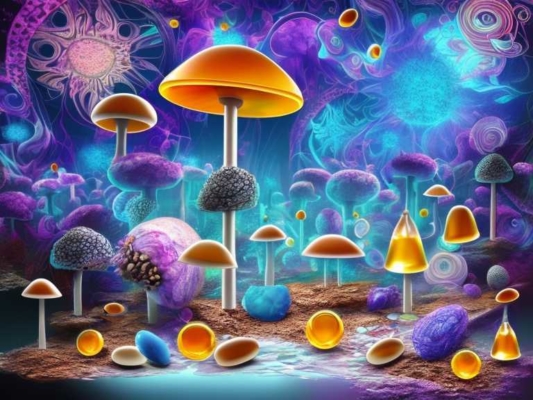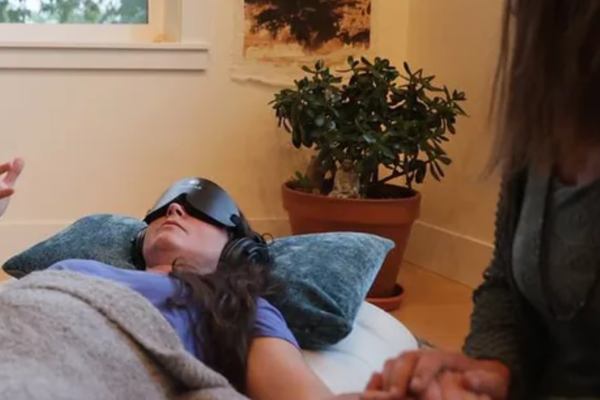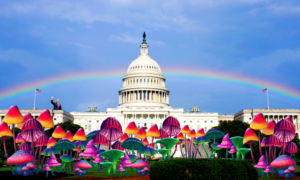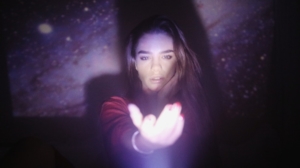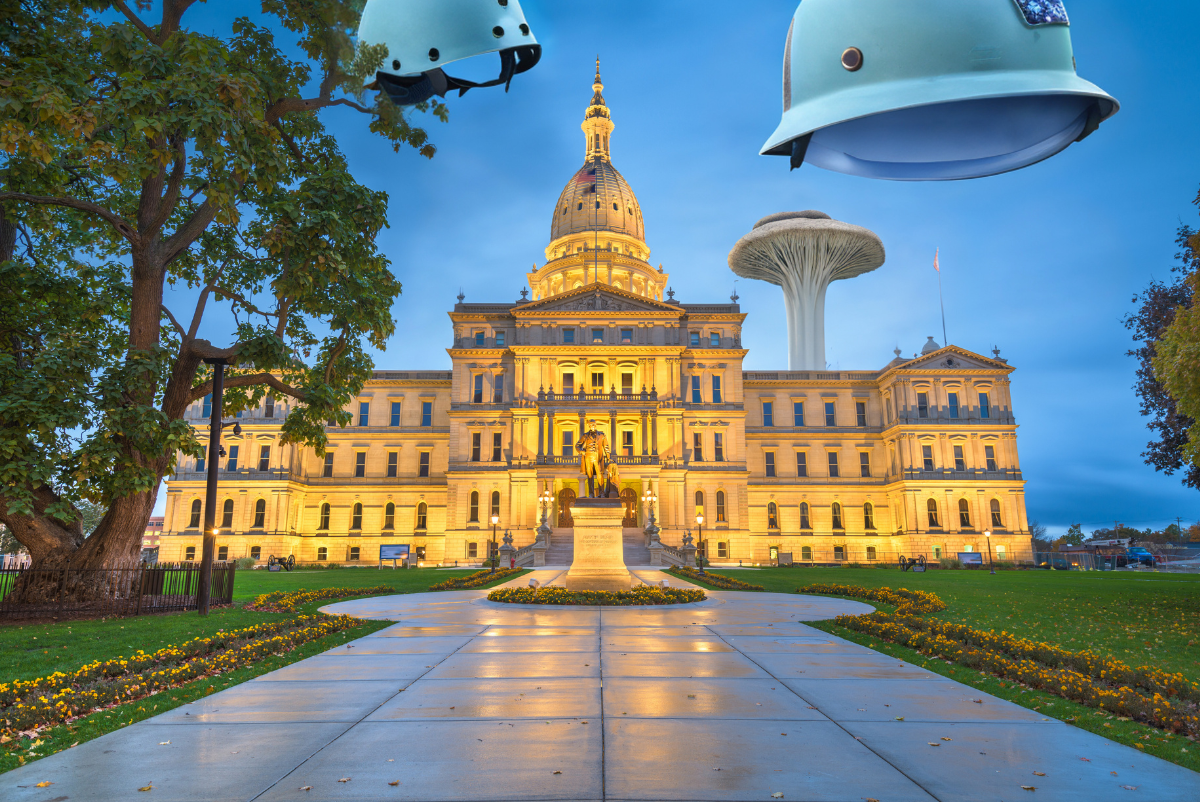
Oregon, Colorado and California aren’t the only states breaking the taboo against psychedelics by embracing the long-demonized class of drugs for mental healthcare.
Michigan is one of the most progressive states leading the charge, with four cities decriminalizing the use of psychedelic plants and fungi, and now, state lawmakers passing a resolution that formally calls on the United States Congress to strongly consider “controlled use of psychedelics in clinical settings” to better treat veterans.
It’s part of a three-page resolution, passed in the state Senate last Wednesday, designed to “urge the United States Congress, Department of Defense, and Department of Veterans Affairs to prioritize research and investment in non-technology treatment options for service members and veterans who have psychological trauma as a result of military service.”
Other non-technology treatment options mentioned by Michigan lawmakers in the resolution are buddy-t0-buddy programs, outdoor therapy, and easier access to service animals, all of which they say, “have shown promise to help veterans improve their
mental health and find a new normal while dealing with the invisible wounds of war and service.”
Psychedelics including psilocybin, MDMA, LSD and DMT have proven to be very effective to treat a broad range of mental health issues, including depression, anxiety, addiction, and PTSD, all of which can haunt a veteran long after their service to the country.
Lawmakers behind the resolution are troubled by the alarming findings that 882 veterans living in Michigan died by suicide between 2016 and 2020, and follow in the footsteps of the Minority Veterans of America (MVA) advocating for psychedelic therapy to federal lawmakers, who have the power to declassify psychedelic drugs from Schedule 1. In 2021, MVA submitted a letter to the House and Senate Veterans Affairs Committees urging Congress to relax policies restricting the use of psychedelic therapies.
The same year, Iraq War veteran Jon Lubecky appeared on NBC’s Today Show to share how MDMA-assisted therapy cured his severe PTSD, which caused frequent suicidal ideations. “This treatment is the reason that my son has a father instead of a folded flag,” Lubecky said.
The veteran stated that he was “100 percent” cured after participating in three, eight-hour MDMA-assisted therapy sessions guided by a team of professionals at the Multidisciplinary Association for Psychedelic Studies (MAPS).
More recently, a 9/11 first responder who suffered through PTSD for 15 years after the terrorist attack publicly advocated for California lawmakers to pass a bill decriminalizing natural psychedelics, like psilocybin and DMT. “It’s not an exaggeration to say that psilocybin gave me my life back. It’s been transformative, and allowed me to feel happiness and joy in a way I never thought I would again,” he wrote in an op-ed.
A week later, that decriminalization bill passed the state Assembly and Senate, now only awaiting Governor Gavin Newsom’s signature to sign it into law.
Currently, psychedelics have been decriminalized in Michigan cities Detroit, Grand Rapids, Ann Arbor, and Ferndale. Two years ago, Democratic Senators Jeff Irwin and Adam Hollier introduced a bill amending public health code to allow for the possession, cultivation, and delivery of a variety of entheogenic plants and fungi. SB 631 was referred to the Committee on Judiciary and Public Safety, and has yet to be voted on the state Senate or House.
